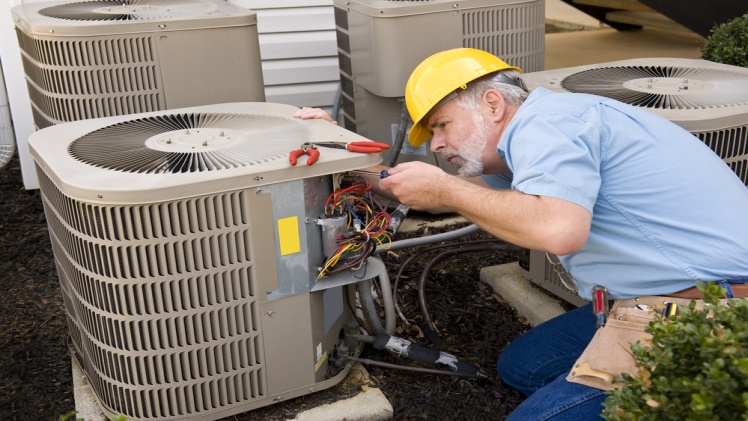The HVAC system is a vital part of any home or business. It therefore goes without saying that an HVAC technician ensures these systems run efficiently to provide comfortable heat, ventilation, air conditioning, and humidity control. They are also proficient in managing related refrigeration systems.
HVAC technicians are skilled in all aspects pertaining to installation, maintenance, and repair of the mentioned systems. For instance, Vancouver HVAC professionals at Comfort Air, Inc. are always on the frontline, doing their bit to keep homes and businesses comfortable. And by educating you on their role, they hope to help you maximize your HVAC system.
That said, some technicians specialize in a specific area of HVAC systems. For example, some may focus solely on installation and maintenance of commercial air conditioning systems. At the same time, others might opt to specialize in specific equipment or area – be it heating or refrigeration.
Their role also varies depending on the industry they work in and their position. That said, let’s go over their duties in detail to paint a clearer picture:
1. Installation
Based on architectural specifications, an HVAC technician is responsible for installing, connecting, and mounting HVAC systems. While at it, they also evaluate the most appropriate system for the particular space after consulting with the customer and making computations.
Some of the components they install include heat exchange units, timers, air ducts, pipes, humidistats, and timers. They also connect the equipment to refrigerant or water sources.
Post-installation, they test the system to ensure all components are properly connected for safe and efficient operation. Documentation is also within their wheelbase, as technicians maintain records of all findings after testing the system and noting the installed components.
2. Maintenance
An HVAC system requires regular maintenance to keep operating as intended – usually bi-annually or annually. To this end, HVAC technicians are responsible for performing regular inspections and preventative maintenance of the systems. This can include:
- Checking refrigerant levels
- Cleaning the blower fan
- Lubricating moving parts
- Testing motors and thermostats
- Cleaning or replacing filters
They also discuss their findings with customers and may recommend upgrading the system to enhance energy efficiency. Likewise, they monitor the system’s operation by processing data from sensors and other measuring equipment. And if they notice your current system isn’t working as expected despite being in good condition, they may suggest an upgrade to meet modern requirements or take advantage of new technology.
An HVAC technician also adjusts the control systems per customer requirements. This typically entails setting temperatures, calibrating thermostats, and testing them to ensure they work as expected. Similarly, they may need to use specialized tools to set humidification levels in your space.
3. Repair
If your HVAC system is out of whack and you need emergency repairs, an HVAC technician is your go-to professional. They help resolve mechanical issues associated with the HVAC systems. For instance, they can replace faulty components, troubleshoot wiring issues, test electrical circuits, repair or replace faulty bearings, test piping for leaks, check for duct blockage – you name it.
4. Sale of Service Contracts
To keep your system running optimally, it’s a good idea to get an HVAC service contract. Such an agreement allows you to partner with an HVAC service provider so they can offer periodic maintenance or repair services. Hence, the technician plays a vital role in explaining to the customer the services they offer, pricing, the advantages of such a contract and other details.
5. Ductwork Design and Fabrication
In some cases, technicians fabricate ductwork for specific applications. For instance, when installing custom HVAC systems, the technician may need to design new ducts based on the space requirements and customer preference.
For durability, such ductwork is usually made from metal, plastic, or fiberglass. It also requires expert knowledge in designing the right system to meet all requirements while maximizing efficiency.
The technician also mounts the ducts and connects them to the system to complete the installation process. Additionally, they may need to install registers and grilles during the procedure.
Depending on the task, the technicians may use an assortment of tools ranging from hand tools like wrenches and pliers to power tools like drills, saws, and shears. They may also rely on other specialized equipment, such as combustion analyzers and carbon monoxide detectors – depending on the task at hand.
In sum, these technicians are vital cogs in the HVAC industry. They are well-versed in various tasks, ensuring HVAC systems remain efficient and effective. In short, their job requires specialized knowledge of mechanical and electrical systems and their interaction with the environment. Thus, their ability to integrate all components into a smooth-running unit sets them apart. So, should you need their services, consider hiring a capable and certified technician.

